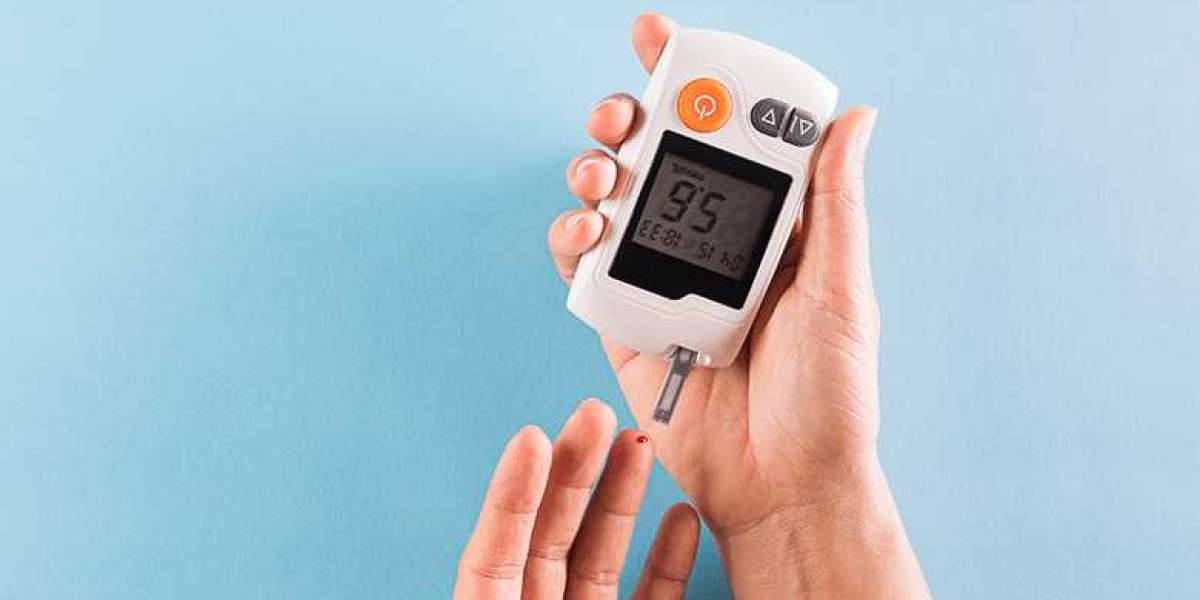Blocked drains are a common household nuisance that can quickly escalate into a major inconvenience if not addressed promptly and effectively. From foul odors to overflowing sinks, a blocked drain can disrupt daily life and cause damage to your property if left untreated. In this article, we'll explore the causes, effects, and solutions for blocked drains, helping you understand how to prevent and resolve this common plumbing issue.
Causes of Blocked Drains
Blocked drains can be caused by a variety of factors, ranging from everyday household activities to external factors beyond your control. Some common causes of blocked drains include:
Foreign Objects: Items such as hair, soap scum, food particles, and sanitary products can accumulate in drains over time, leading to blockages.
Grease and Fat: Pouring grease and fat down the drain can cause them to solidify and adhere to the walls of the pipe, eventually leading to a blockage.
Tree Roots: Tree roots seeking moisture can infiltrate underground pipes, causing cracks and blockages in the drainage system.
Poor Drainage Design: Improperly designed or installed drainage systems can lead to blockages due to inadequate slope or improper pipe size.
Natural Debris: Leaves, branches, and other outdoor debris can enter drainage systems during storms or heavy rainfall, leading to blockages.
Effects of Blocked Drains
Blocked drains can have a range of effects, both immediate and long-term, on your property and your health. Some common effects of blocked drains include:
Foul Odors: Blocked drains can emit foul odors due to the buildup of decomposing organic matter within the pipes.
Slow Drainage: Water may drain slowly or not at all from sinks, showers, and toilets, causing inconvenience and discomfort.
Water Damage: Blocked drains can cause water to back up and overflow, potentially leading to water damage to floors, walls, and other surfaces.
Health Hazards: Standing water resulting from blocked drains can create breeding grounds for bacteria, mold, and other harmful pathogens, posing health risks to occupants.
Structural Damage: Prolonged blockages and water damage can weaken the structural integrity of pipes and surrounding infrastructure, leading to costly repairs.
Solutions for Blocked Drains
Fortunately, there are several solutions available to address blocked drains and prevent future blockages:
Mechanical Methods: Using tools such as plungers, drain snakes, and plumbing augers can help dislodge and remove blockages from drains.
Chemical Drain Cleaners: Chemical drain cleaners can be effective in breaking down organic matter and clearing minor blockages. However, they should be used with caution as they can damage pipes and pose health risks if not handled properly.
Hydro Jetting: Hydro jetting involves using high-pressure water jets to flush out blockages and clean the interior of pipes, restoring proper drainage and preventing future blockages.
Professional Plumbing Services: For stubborn or recurring blockages, it's best to enlist the services of a professional plumber. A licensed plumber can accurately diagnose the cause of the blockage and recommend appropriate solutions to resolve the issue.
Preventing Blocked Drains
While some blockages are inevitable, there are steps you can take to prevent blocked drains and minimize the risk of future issues:
Dispose of Waste Properly: Avoid flushing non-biodegradable items, grease, fat, and other debris down drains.
Regular Maintenance: Schedule routine maintenance inspections with a professional plumber to identify and address potential blockages before they become serious issues.
Install Drain Covers: Install drain covers or screens to prevent hair, food particles, and other debris from entering drains and causing blockages.
Proper Disposal of Grease: Dispose of grease and fat by allowing them to solidify and disposing of them in the trash rather than pouring them down the drain.
Tree Maintenance: Regularly inspect and maintain trees and shrubs near drainage systems to prevent root intrusion into pipes.
Conclusion
Blocked drains are a common plumbing issue that can have significant effects on your property and your health if not addressed promptly. By understanding the causes, effects, and solutions for blocked drains, you can take proactive measures to prevent blockages and ensure the smooth operation of your drainage system. If you encounter a stubborn or recurring blockage, don't hesitate to contact a professional plumber for expert assistance.












